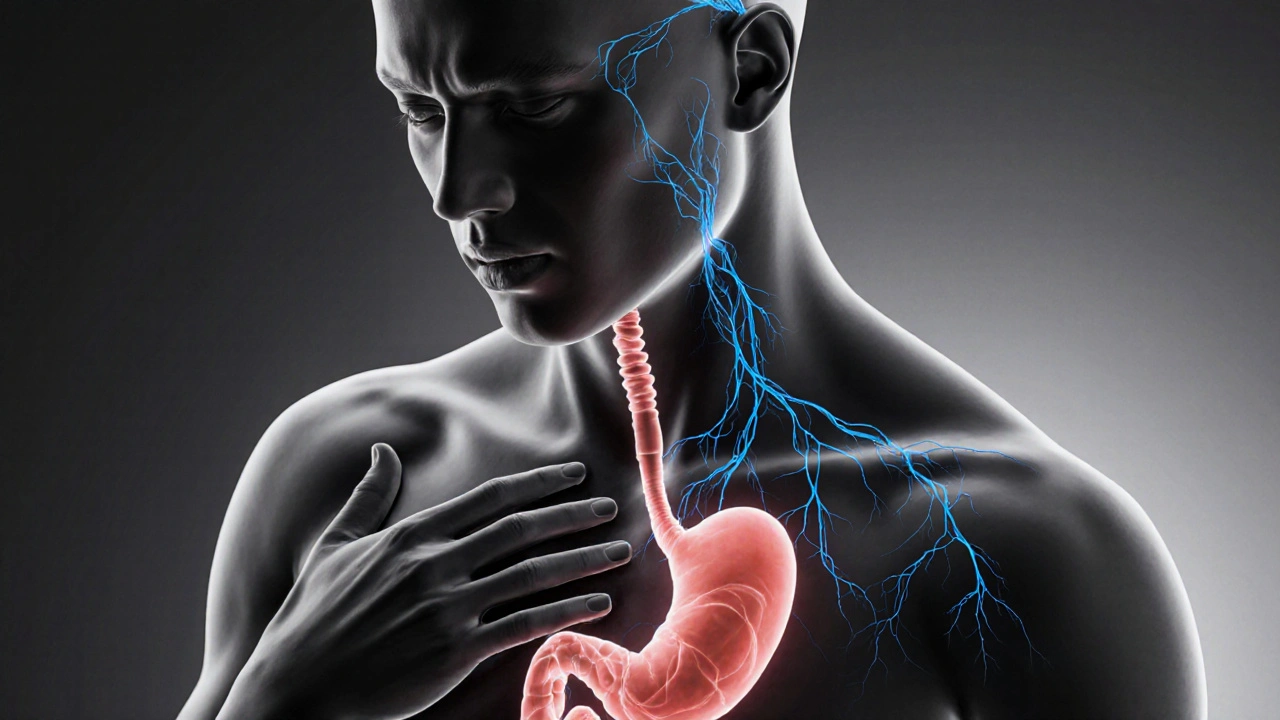Gut Health
When talking about Gut Health, the overall function and balance of the digestive tract, including the stomach, intestines and microbial community. Also known as digestive wellness, it plays a key role in nutrient absorption, immune defense and mood regulation.
One of the biggest players in gut health is the Microbiome, the collection of trillions of bacteria, fungi and viruses living in the intestines. A diverse microbiome helps break down food, produce vitamins and keep harmful microbes in check. When the microbiome is out of balance, you might notice bloating, irregular bowel movements, or even mood swings. Gut health therefore depends on a steady diet of fiber, fermented foods and, when needed, targeted probiotics.
How Diet, Lifestyle and Care Interact with Your Gut
The Digestive System, the organs that process food from mouth to colon works best when you give it the right fuel. Whole grains, leafy greens and legumes provide the prebiotic fibers that feed good bacteria. Staying hydrated helps move food through the intestines, reducing the risk of constipation and abdominal discomfort. Regular movement, even light walking, stimulates intestinal motility and can lower the chances of abdominal distension.
Abdominal distension, a feeling of bloated fullness, often signals an imbalance in gut health. It can be caused by excess gas, fluid retention, or slowed digestion. Recognizing the red‑flags—persistent pain, sudden weight change or vomiting—lets you act early, whether that means adjusting your diet, checking for food intolerances, or consulting a doctor.
Probiotics are a popular tool for supporting the microbiome, especially after antibiotics or during stress. Strains like Lactobacillus and Bifidobacterium have been shown to reduce bloating and improve regularity. However, they work best when paired with prebiotic foods that feed the bacteria, creating a synergistic effect.
Stress management also ties directly into gut health. The gut‑brain axis means that anxiety or poor sleep can alter gut motility and microbial composition. Simple practices—mindful breathing, a consistent sleep schedule, or short meditation—can calm the nervous system and, in turn, ease digestive symptoms.
For caregivers supporting loved ones with abdominal discomfort, knowing when to intervene is crucial. Encourage regular meals, monitor fluid intake, and keep a symptom diary. Share the diary with healthcare providers to pinpoint triggers and adjust treatment plans.
In the articles below you’ll find practical guides on topics like managing abdominal distension, choosing the right probiotic, and understanding how diet influences the microbiome. Each piece offers clear steps you can start using today to boost your gut health and keep your digestive system running smoothly.
Probiotics and Gut Health: What the Science Really Says About Digestive Supplements
- Laura Ledas
- Jan, 18 2026
Probiotics can help with antibiotic-associated diarrhea and certain gut conditions - but only specific strains work for specific issues. Learn what the science says, which products to choose, and who should avoid them.
Learn MoreProbiotics During Antibiotic Therapy: How to Reduce GI Side Effects
- Laura Ledas
- Jan, 17 2026
Probiotics can reduce antibiotic-related diarrhea by up to 50% when taken correctly. Learn which strains work, how to time them, and which products to avoid.
Learn MoreVomiting and Irritable Bowel Syndrome: Causes, Treatment, and Prevention Tips
- Laura Ledas
- Aug, 17 2025
Learn why vomiting can be a symptom of IBS, discover common triggers, effective treatments, and practical steps to prevent future episodes.
Learn More

